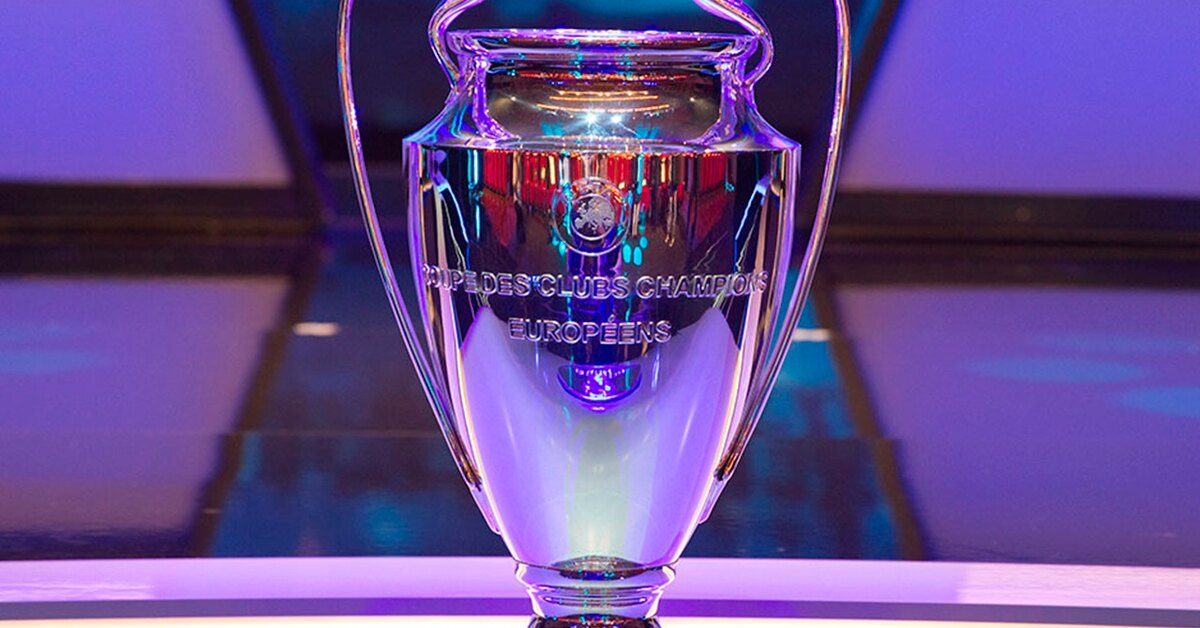In Nyon, Switzerland, a special ceremony was held at the headquarters of the Union of European Football Associations (UEFA). There they chose the countries that will host the next European Championships, and also decided the fate of the Russian teams.
Where will the next European Championships be held?
It became known that in 2028 the European Championship will be held in Great Britain and Ireland, in 2032 — Italy and Turkey.
In the UK, matches will take place at stadiums in Belfast, Birmingham, Cardiff, Dublin, Glasgow, London, Liverpool, Newcastle and Manchester. The British are considered the founders of football, so many were happy with UEFA’s choice.

By 2032, Türkiye and Italy will choose 20 stadiums to host matches. This is an unusual choice, because for the first time in a long time the European Championship will be held in a Muslim country. The domestic championship there is highly developed, and the fan movement is one of the craziest in the football world.
As for Euro 2024, its venue was already known. The tournament will take place from June 14 to July 14 in Germany. In total, 24 teams will play in the group stage — the Russian team will not be among them, because in the fall of 2022 it was excluded from the draw.

Will Russian teams return to competitions?
Recently, Russian athletes are increasingly allowed to participate in international competitions, albeit with strict restrictions. Unfortunately, the UEFA Executive Committee reversed its decision to admit Russian youth teams to international tournaments under the auspices of FIFA and UEFA.
“I didn’t expect that young men would be allowed. But now I didn’t expect it to be cancelled. An even bigger surprise,” said Valery Karpin, head coach of Rostov and the Russian national team.
Let us recall that in September the organization allowed the Russian youth team under 17 to compete in international competitions in a neutral status. Then the argument sounded logical: “Children should not suffer because of the actions that adults commit.”

UEFA justified the reversal of the decision by saying that “it was not possible to find a technical solution that would allow Russian teams to playb”. Probably the reason is the boycott organized by the federations of many countries.
It was reported that the Ukrainian Football Association sent letters to each of the 55 European federations asking them to boycott matches against Russian youth teams.
After this, a boycott of matches was announced England, Sweden, Norway, Denmark, Northern Ireland, Latvia, Poland and Ukraine. Countries refused to play with Russians in international competitions, which apparently influenced the revocation of UEFA’s decision.
UEFA Vice-President Karl-Erik Nilsson, who supported the return of Russian juniors to UEFA tournaments, resigned as head of the Swedish National Sports Confederation on October 6, which may also be related to the scandal.
